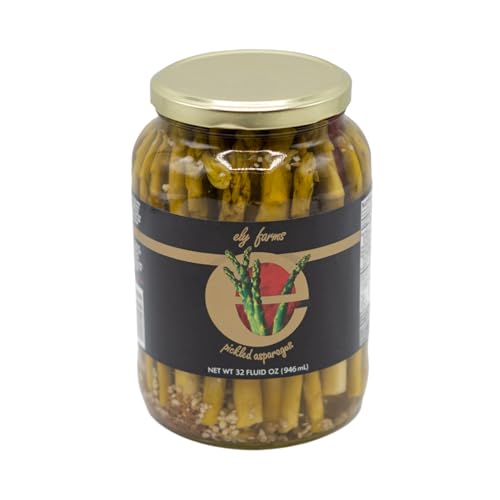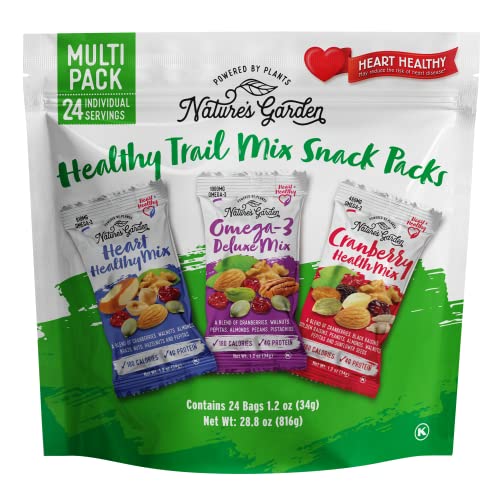I’ve always had a soft spot for pickled vegetables. Their tangy crunch adds a delightful twist to meals and snacks alike. But as I dive deeper into the world of nutrition, I can’t help but wonder: are these zesty treats actually a healthy choice?
Nutritional Benefits of Pickled Vegetables
I love pickled vegetables for their delicious tang and crunch, but they also come packed with nutritional benefits that support a healthy snacking lifestyle.
Vitamins and Minerals
Pickled vegetables are rich in essential vitamins and minerals. You can find high levels of vitamin K in pickled cucumbers, which promotes bone health. Carrots, when pickled, offer a generous dose of vitamin A, beneficial for eye health. Cruciferous vegetables like pickled cauliflower provide vitamin C and potassium, helping in immune function and muscle contractility. Including a variety of these vegetables contributes to a well-rounded nutrient intake.
Probiotics and Gut Health
Fermented pickled vegetables are a fantastic source of probiotics, the good bacteria essential for gut health. When made through fermentation, these snacks contain live cultures that can enhance digestive health. By incorporating pickled vegetables into your diet, you promote a balanced gut microbiome, which can improve digestion and boost overall health. Regular consumption supports not just gut health but also strengthens the immune system.
Potential Drawbacks of Pickled Vegetables
Even as a healthy snack enthusiast, I recognize that pickled vegetables have some potential drawbacks. It’s important to weigh these factors when considering them as a snack option.
High Sodium Content
Pickled vegetables can contain significant amounts of sodium. Many pickling processes rely on salt for preservation and flavor. For example, a serving of pickled cucumbers can have over 500 mg of sodium, which is about 22% of the recommended daily limit. Excessive sodium intake may lead to increased blood pressure and other cardiovascular issues. Monitoring portion sizes and opting for low-sodium varieties can help maintain healthy snacking habits.
Impact on Nutritional Value
The pickling process can alter the nutritional value of vegetables. While some vitamins remain intact, others may diminish. For instance, vitamin C tends to decrease during the pickling process. Fermented varieties, however, offer added probiotics that promote gut health, but the loss of certain nutrients should still be considered. Combining pickled vegetables with fresh options creates a more balanced snack that maximizes overall nutritional benefits.
Comparing Pickled Vegetables to Other Snacks
When considering healthy snacks, I often compare pickled vegetables to other options available. It’s crucial to assess how they stack up nutritionally against fresh choices and processed snacks.
Fresh vs. Pickled
Fresh vegetables benefit from being crunchy and nutrient-rich, providing essential vitamins and minerals without added preservatives. For example, fresh carrots offer high levels of beta-carotene, which supports eye health. In contrast, pickled vegetables retain some nutrients but may lose others during the pickling process. While pickled cucumbers provide vitamin K, the overall vitamin C content might decrease. For balance, I recommend enjoying both fresh and pickled vegetables to maximize nutritional benefits while satisfying different taste preferences.
Processed Snack Alternatives
Processed snack alternatives often contain high levels of sugar, unhealthy fats, and artificial ingredients. Many potato chips, for example, offer little nutritional value and can contribute to weight gain. Pickled vegetables stand out in this comparison due to their low-calorie counts and potential probiotic benefits. Instead of reaching for sugary granola bars or chips, I often suggest opting for pickled veggies, paired with hummus or a healthy dip. This combination not only adds flavor but also provides a crunch that many crave in snacks.
Popular Types of Pickled Vegetables
Exploring different types of pickled vegetables offers a delicious way to enjoy healthy snacks. Each variety brings unique flavors and nutritional benefits to the table.
Cucumbers
Pickled cucumbers, often known as pickles, are one of the most popular choices. They’re low in calories, with one medium pickle containing just 4 calories. Cucumbers are high in water content, which keeps you hydrated, and the pickling process infuses them with vinegar, adding a tangy flavor. They also provide vitamin K, essential for bone health. I love adding these crunchy bites to sandwiches or enjoying them straight from the jar as a satisfying snack.
Carrots and Beets
Pickled carrots and beets offer vibrant colors and slightly sweet flavors. One medium pickled carrot contains about 12 calories and is rich in vitamin A, supporting eye health. Beets, on the other hand, are lower in calories as well, with around 35 calories per medium beet. They’re packed with antioxidants and support overall heart health. Both pickled varieties enhance salads and make a great addition to antipasto platters. I find that their crunch and sweetness pair beautifully with savory dips or as toppings on grain bowls.
Conclusion
Pickled vegetables can definitely be a tasty and nutritious addition to my snack repertoire. Their crunch and zing make them a delightful choice when I’m looking for something different. While I appreciate their health benefits like vitamins and probiotics, I’ve learned to be mindful of sodium levels and portion sizes.
Mixing pickled veggies with fresh options helps me enjoy the best of both worlds. It’s all about balance and finding what works for my taste buds and health goals. So next time I’m craving a snack, I’ll remember to reach for those pickled delights along with some fresh crunch.












